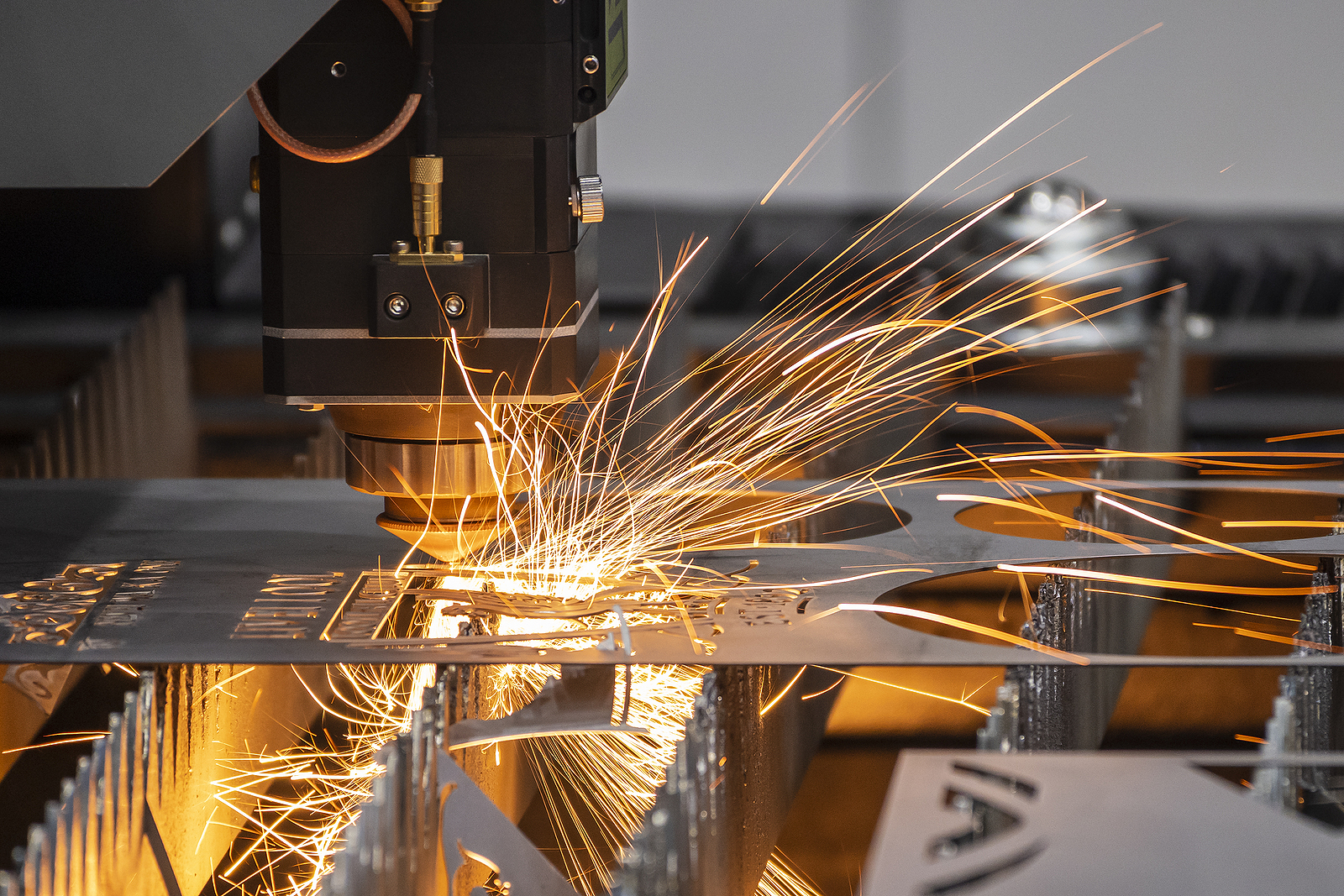Galvalume is certainly a complex and confusing word on its surface, yet there’s no reason to be intimidated by it. Galvalume steel is used for roofs, providing the optimal combination of function and form. This unique material is specially fabricated and installed to provide homeowners and business owners with the protection necessary to safeguard loved ones and valuables from mother nature’s wrath.
Galvalume Background
Galvalume was created by Bethlehem Steel way back in the early 1970s. Though Galvalume is not exactly a household name, it is trademarked and becoming more popular as time progresses, partially because of exposure to new audiences by way of the internet. Galvalume looks like regular galvanized steel, yet the two are not exactly the same.
Galvalume contains comparably small crystals that can be seen with the naked eye. The crystals within Galvalume are positioned close to one another, creating a visually smooth aesthetic. Homeowners and business owners considering roof replacement or repair will also find it interesting that a roofing material similar to Galvalume exists in the form of Galvalume Plus. The difference between the two is the Plus version is roll-formed while it is dry and does not require the use of a specialized oil for application.
The Inside Scoop on Galvalume Steel
Galvalume is best described as a type of metal roof that is strategically coated with a layer of steel containing a metal alloy. This unique alloy has a precise balance of aluminum and zinc. The logic in using aluminum and zinc in unison as a component of the galvalume is to bolster the aluminum’s positive/negative impact. The resulting combination generates a strong layer that is resistant to heat and corrosion.
Galvalume steel is often used for roofing purposes, yet it also provides functionality in the form of walls in both residential and commercial structures. Some industrial facilities also use this unique type of steel for roofing and walls. The lone exception is structures to be used for housing livestock or other animals as the greenhouse gasses stemming from manure can compromise the steel’s zinc layer and ultimately sabotage the metal over the long haul.
Galvalume steel is quickly growing in popularity as it proves resistant to heat, precipitation, and rust while serving as a formidable and protective barrier. To be more specific, the logic in using aluminum is that it guards against ugly and costly corrosion. The logic in using zinc as a Galvalume steel component is that it enhances durability.
An added bonus is the fact that the addition of the metal coating to the steel also helps prevent perforations. This material is considered to be self-healing in a sense as it prevents the spread of rust across the roof. The same cannot be said of a competing material, galvanized steel, that is vulnerable to rusting in the event that the exterior coating is scratched.
Additional Galvalume Steel Points of Note
Galvalume steel roofs are highlighted by a matte finish. This unique aesthetic makes the material optimal for use on residential homes, commercial buildings, agricultural structures, and other buildings. As is often said, beauty is in the eye of the beholder. Ask those who select galvalume steel for their building about its merits, and you’ll find a common theme of its revered rustic visual emerges. This industrial aesthetic is the primary reason why galvalume steel is commonly used for restaurant, condo, and office roofs.
There is a common misconception that galvanized steel is the same as or similar to Galvalume. Galvalume is typically accompanied by a lengthy warranty, whereas galvanized steel has no such formal reassurance. The typical Galvalume steel roof has a warranty averaging a quarter-century. Alternatively, no such warranty is available with galvanized steel.
Aside from the peace of mind provided by a warranty, Galvalume steel roofs are also revered, as they are low-maintenance. These unique roofs are elite performers during all seasons, prove resistance to insects including termites, and are fabricated in a wide array of styles/colors. Some property insurance providers and commercial business insurance providers are even willing to extend insurance premium discounts for the addition of such fire-resistant materials to the insured structure.
Choose Galvalume steel for your new roof, and you’ll enjoy a low-maintenance protective barrier over your head that outlasts most competing materials, looks visually pleasing, and does what matters most: protects everything you love and value.
Contact Alpine Sheet Metal Systems Today
If you are interested in Galvalume steel roofing or any other type of roofing project at your property, reach out to our roofing experts. Our roofers in Dallas can be reached at 214-247-1698. Fort Worth residents can contact our roofing specialists by dialing 817-409-8975.

